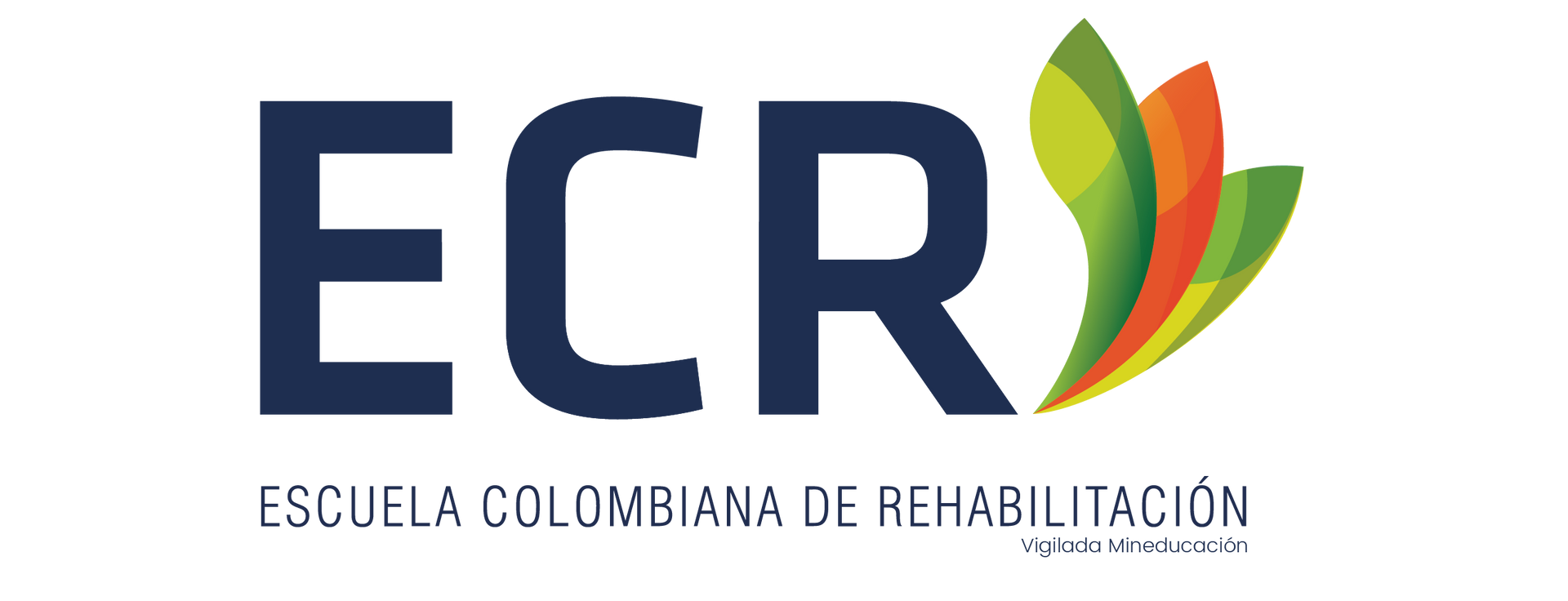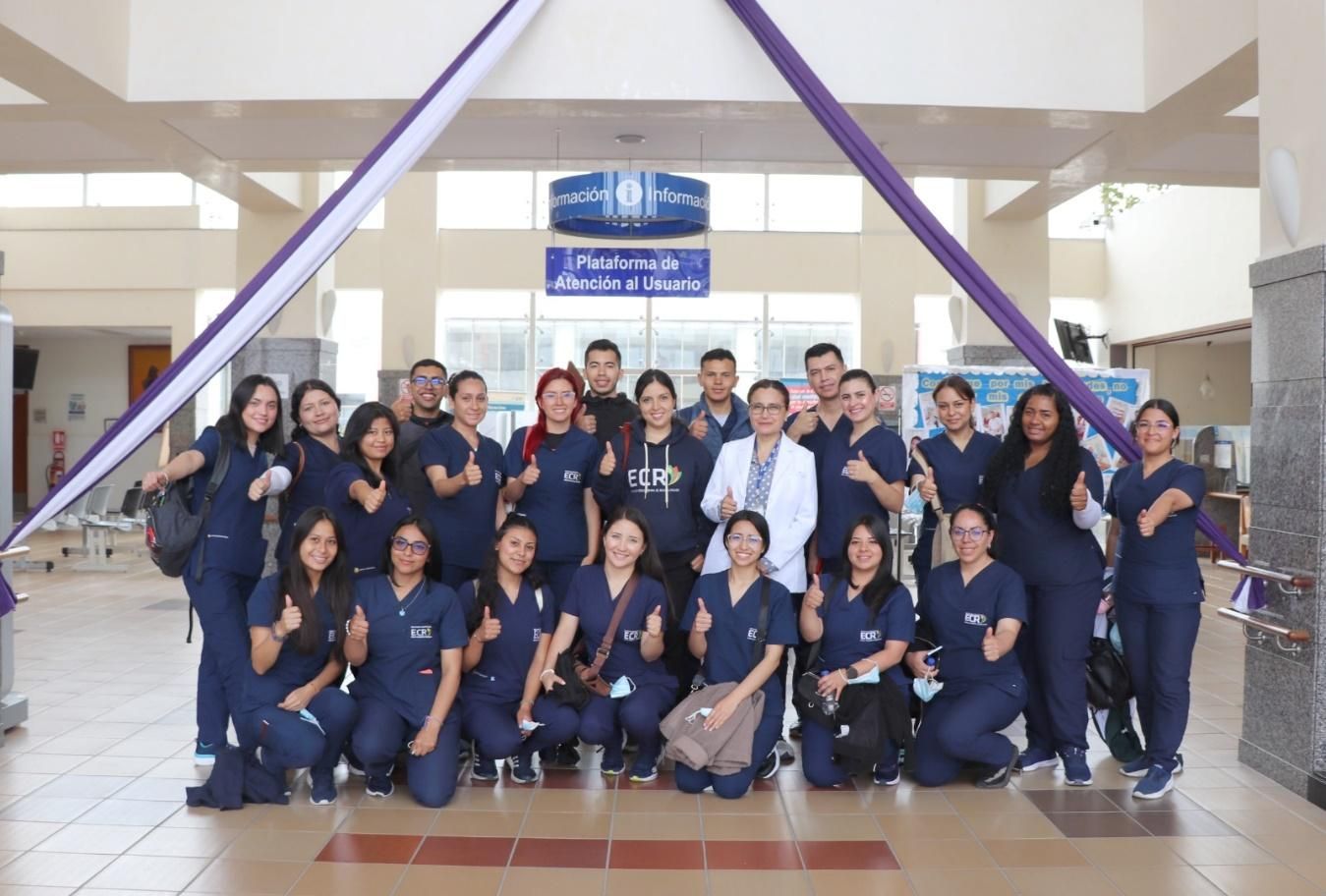
Embracing Modern English Vocabulary
The English language is constantly evolving, with new words and phrases emerging to reflect advancements in technology, social movements, and cultural shifts. These neologisms are an essential part of keeping up with modern communication, allowing speakers to express themselves in current and relevant terms. Learning to understand and use these new words effectively is key to staying connected with today’s fast-paced language trends.
One of the main drivers behind new vocabulary is the tech industry. Words like "selfie" and "binge-watch" are prime examples of terms born from technological advancements. "Selfie," a self-portrait typically taken with a smartphone, became widely recognized in the 2010s as smartphones grew in popularity. Likewise, "binge-watch," the act of watching multiple episodes of a TV series in one sitting, entered everyday language thanks to the rise of streaming platforms like Netflix. These terms have now become ingrained in modern English, reflecting how technology shapes our daily lives.
Social and cultural movements also play a significant role in the development of new words. The term "woke," for example, originally referred to being awake but has since evolved to signify awareness of social justice issues. Another term, "cancel culture," describes the act of withdrawing support from public figures or organizations due to their controversial actions or statements. Both terms have become integral to modern discourse, particularly in conversations around social change and accountability.
Understanding the context in which these new words are used is crucial for effective communication. For instance, while "woke" is often used to positively describe social awareness, it can also be employed sarcastically or critically depending on the speaker’s intent. Similarly, "cancel culture" can be viewed either as a necessary form of public accountability or as an excessive reaction, depending on one's perspective. Being aware of these nuances is vital when incorporating these terms into your vocabulary.
To adopt new words into everyday language, practice is essential. Observing how these terms are used in conversations, media, and online platforms will help you become more familiar with their meanings and applications. By staying attuned to how language evolves, you can communicate more effectively and remain up to date with modern English vocabulary trends.
Fundación sujeta a inspección y vigilancia del Ministerio de Educación Nacional, con personería jurídica reconocida mediante la Resolución No. 5090 de noviembre de 1995.
Certificaciones
La institución
Biblioteca
Pregrados
Posgrados
Educación continuada
Técnicos laborales
Soy ECR
Información de interés
Interactúa con la ECR
Todos los derechos reservados | ECR Escuela Colombiana de Rehabilitación - Términos y Condiciones - Mapa del sitio










